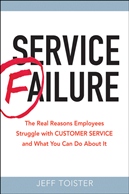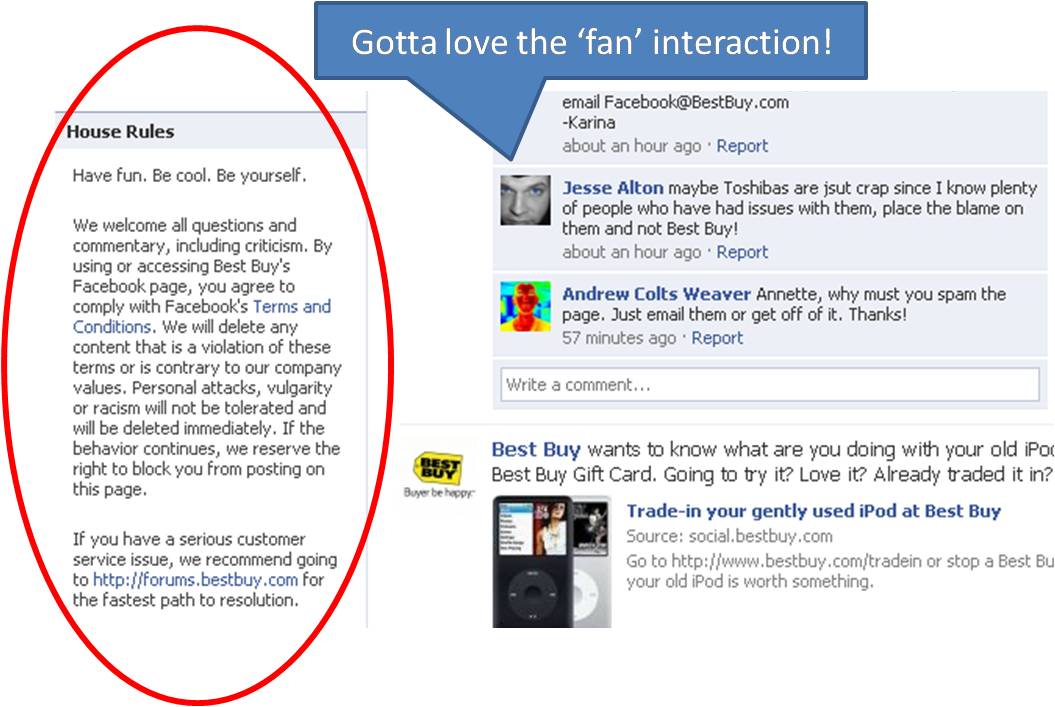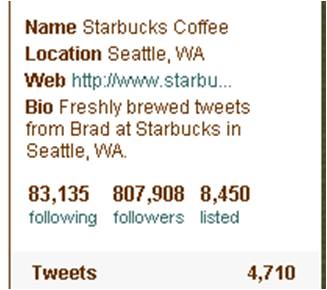Undercover Boss highlights the need for passionate people
 Jeff Toister
Jeff Toister  Monday, March 29, 2010 at 9:41AM |
Monday, March 29, 2010 at 9:41AM | It's no secret that I really like the new CBS show, Undercover Boss. I'm mildly disappointed that it's been a few weeks since they featured any cringe-worthy moments, but there are still plenty of great lessons to be learned.
The latest episode featured Joel Manby, President and CEO of Herschend Family Entertainment. His experience highlighted the importance of having passionate employees who truly care about the business, the people they work with, and they people they serve.
Watch the episode first if you don't want me to spoil the plot.
Hiring Passionate People
A lot of companies seem to have their recruiting priorities backwards. The first thing they look for is relevant experience. "Have you worked in similar, soul-crushing jobs before? Great! You can be mediocre here too."
Some companies dig deeper and look for relevant skills. "Yes, I see you have a long history of customer service jobs. However, at our company we like our customer service reps to be friendly. Have any of your customer service positions required you to be friendly and courteous when dealing with customers?" At first this sounds ridiculous, but we all know there are plenty of service jobs out that where just a little courtesy could vault you to 'employee of the month' status.
Very few companies hire for passion. The five employees Joel Manby followed at Herschend Family Entertainment all seemed to love what they did. Yes, some of them faced their fair share of challenges, but they loved serving people and they loved the business. Here's my suggested priority order for recruiting:
-
Passion. Find peole who will love your company and love their jobs.
-
Skill. Find people who have the skills to do their jobs well.
-
Experience. Experience is only good if you use it wisely. You could have 20 years of experience doing something, but that might just mean you've been doing it poorly for 20 years.
We use a very simply model to help visualize what you truly need in any employee. Check it out here.






